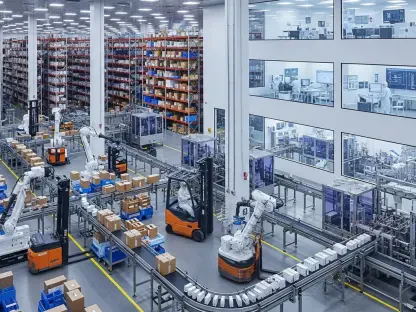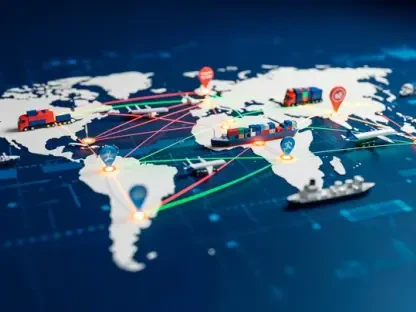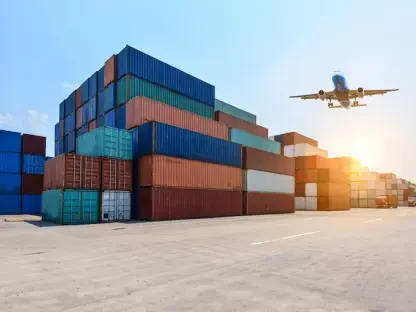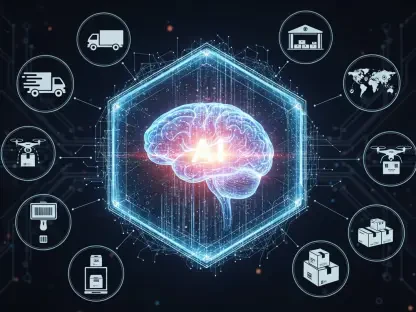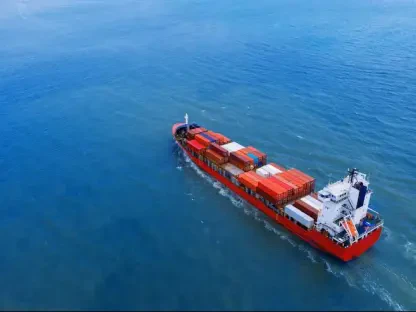A study by Here Technologies and YouGov reveals the transportation and logistics sector’s lag in adopting modern tech. From over 900 industry professionals in the US and Europe polled, just half use basic data analytics, and a scant 25% have integrated AI into their workflows. The slow uptake of AI and sophisticated data analytics can have significant drawbacks, as these advancements are instrumental for optimizing routes, predictive maintenance, and enhancing strategic planning in logistics. With technology continually progressing, the industry’s hesitation to embrace these tools may lead to inefficiencies and competitive disadvantages in an era where data-driven decisions are paramount. This gap highlights the need for the sector to accelerate its tech adoption to keep up with the pace of innovation and ensure a more sustainable and efficient future.
Challenges in Transformation
The transportation and logistics sector faces significant hurdles that impede its embrace of AI. High costs, the threat to current services, and a lack of in-house tech savvy contribute to a slow transition towards AI’s full benefits, indicating considerable room for growth. When it comes to sustainability, the sector falls short—only 27% of companies have set sustainability goals, while 33% lack any such plans, despite global environmental concerns.As for supply chain transparency, there’s minimal progress in achieving the real-time data insights critical for efficient operations, with less than a quarter of companies making significant strides. In particular, ocean freight lags in providing timely updates compared to the more transparent trucking segment.The study underscores a pressing need for the logistics industry to close its technological gap and amplify its commitment to sustainability. How it addresses these issues will be key to its future success and ability to meet changing market demands.


